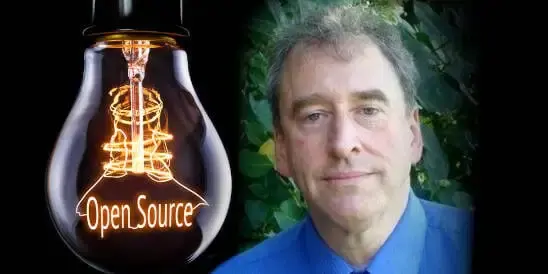Bruce Perens, one of the founders of the Open Source movement, is ready for what comes next: the Post-Open Source movement.
First of all, our licenses aren’t working anymore," he said. "We’ve had enough time that businesses have found all of the loopholes and thus we need to do something new. The GPL is not acting the way the GPL should have done when one-third of all paid-for Linux systems are sold with a GPL circumvention. That’s RHEL.



I’m obviously a nobody in the field, but (since the mid-'90s) I’ve always seen two issues, here. First, there’s the general problem of not thinking of a public license as a kind of contract, where you get, because you give. If the community started thinking about copyleft or similar ideas as payment or contractual obligations for the use of the software, rather than “restrictions” or “a virus,” we’d probably see a rapid change in behavior, in enforcement or license-writing, if not compliance. …Except that, second, there’s the specific problem that the FSF has always ignored warnings until it was too late and a company went out of their way to offend them. For as long as I’ve watched the Free Software community, people asked what would happen if you embedded gcc on an appliance or served it up on the web, and those people essentially got a response of “the big guy only cares about code that he runs locally, so it’s fine.” And then a company did the thing, forcing them to gasp at the entirely-foreseen problem and issue a new license a decade too late to help. Which I guess is all to say that Perens is probably on the right track, and I wish that we had more people looking at these problems more frequently. I still vaguely remember the Copyleft Next project, but that (clearly) went nowhere.